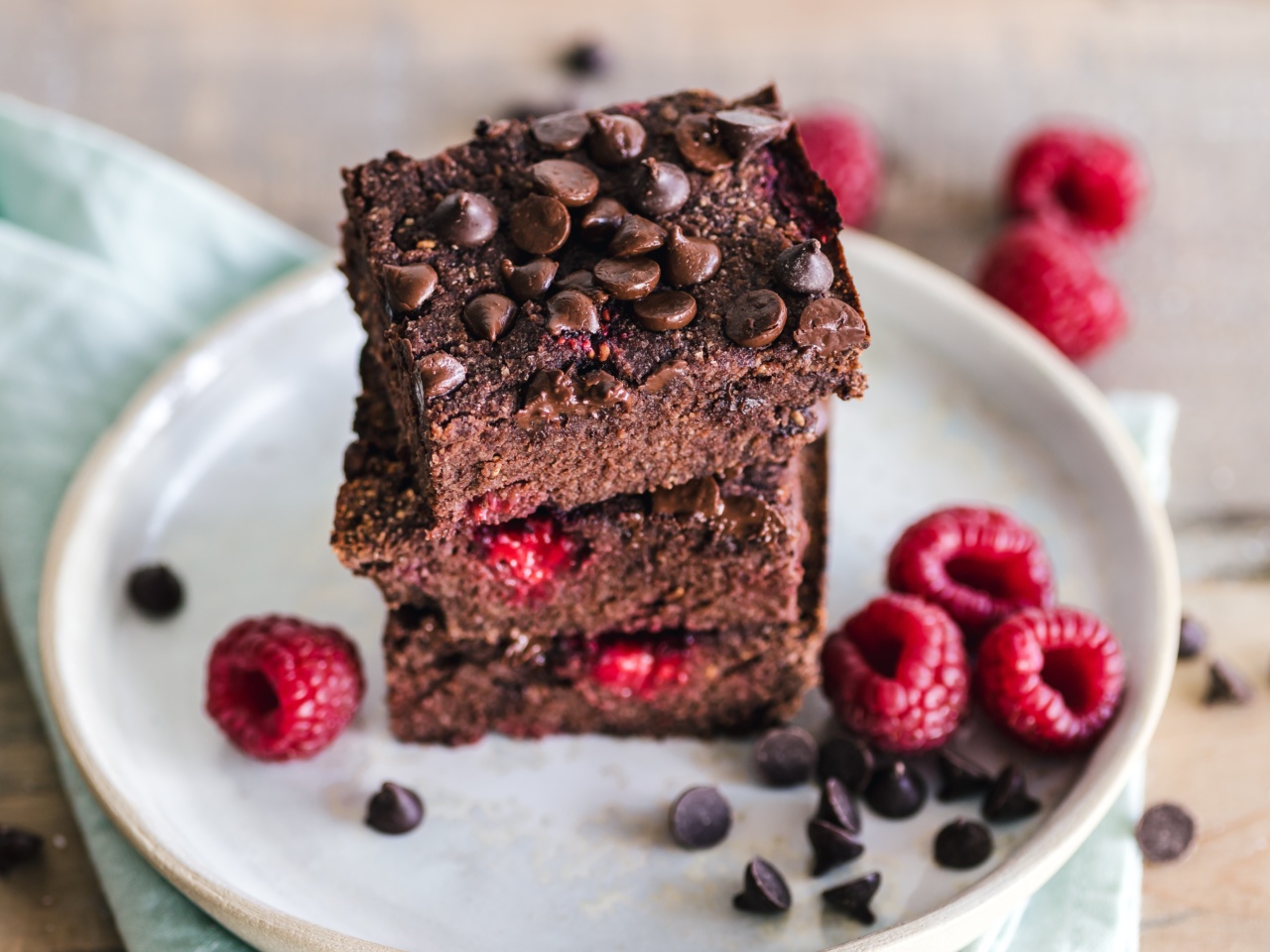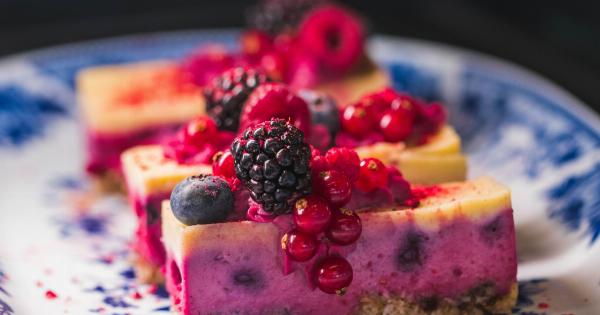Fruits are an essential part of a healthy diet due to their various nutritional benefits. They are packed with essential vitamins, minerals, and fiber that support overall well-being.
However, some fruits contain higher amounts of sugar compared to others. In this article, we will explore which fruits have the most sugar and how they can fit into a balanced diet.
Understanding the Sugar Content in Fruits
Before diving into the fruits with high sugar content, it’s important to understand the different types of sugar found in fruits. There are two main types:.
Natural Fruit Sugar: Fructose
Fructose is the natural sugar found in fruits. It is a simple sugar that our bodies can use for energy. While fructose is healthier than added sugars found in processed foods, excessive consumption can still lead to weight gain and other health issues.
The Importance of Portion Control
When consuming fruits with higher sugar content, portion control becomes crucial. It is still possible to enjoy these fruits as part of a balanced diet by being mindful of the quantity consumed.
Pairing them with foods that contain protein or healthy fats can help slow down the absorption of sugar in the body.
Fruits with High Sugar Content
1. Grapes:.
Grapes are a popular fruit, but they have a high sugar content. One cup of grapes contains about 23 grams of sugar. However, they are also rich in antioxidants, fiber, and vitamins.
2. Mangoes:.
Mangoes are delicious tropical fruits, but they are also high in sugar. One medium-sized mango contains approximately 45 grams of sugar. Despite their high sugar content, mangoes are also a good source of vitamin C and fiber.
3. Cherries:.
Cherries are known for their sweet taste, and one cup of cherries contains about 18 grams of sugar. However, cherries are also loaded with antioxidants, potassium, and vitamin C.
4. Pomegranates:.
Pomegranates are nutrient-dense fruits, but they are also high in sugar. One medium-sized pomegranate contains around 39 grams of sugar. They are also a rich source of vitamins, minerals, and antioxidants.
5. Bananas:.
Bananas are a favorite among many due to their convenience and natural sweetness. A medium-sized banana contains about 14 grams of sugar. They are also a good source of potassium and vitamin B6.
6. Figs:.
Figs are sweet and succulent fruits, and one medium-sized fig contains approximately 8 grams of sugar. They are also high in fiber, which can help regulate blood sugar levels.
7. Apples:.
Apples are widely consumed fruits, and one medium-sized apple contains about 19 grams of sugar. Apples are also rich in dietary fiber and antioxidants, contributing to good overall health.
8. Pineapples:.
Pineapples are tropical fruits known for their juicy and sweet flavor. One cup of pineapple contains approximately 16 grams of sugar. They also provide vitamin C, manganese, and bromelain, a digestive enzyme.
9. Watermelons:.
Watermelons are refreshing and hydrating fruits, but they are also high in sugar. One cup of watermelon contains about 9 grams of sugar. They are also rich in vitamins A and C.
10. Oranges:.
Oranges are citrus fruits that are iconic for their vitamin C content. One medium-sized orange contains approximately 12 grams of sugar. Additionally, oranges provide dietary fiber and various other vitamins and minerals.
Conclusion
While fruits are generally considered healthy, some have a higher sugar content than others. It’s important to remember that consuming fruits with naturally occurring sugar is still better than consuming processed foods with added sugars.
Portion control and balance are the keys to incorporating fruits with higher sugar content into a healthy diet. Enjoy a variety of fruits, and consult with a healthcare professional or registered dietitian for personalized guidance.




























